Unlock a secret to improving communication and relationships
As early as 444 B.C., personality styles had started to be aligned with the external elements of earth, fire, water, and air. It wasn’t until the early 1900’s however that big leaps forward in this area of research were realised, and personality styles came to be attributed to internal factors related to how we think and process information.
Carl Jung laid the foundation for the Myers-Briggs Personality Test by suggesting “thinking”, “feeling”, “sensation” and “intuition”. William Moulton Marston later identified “dominance”, “influence”, “steadiness”, and “compliance” as being predictable traits we act out in everyday life. And in 1940, it was Walter Clark who developed the first DISC Personality Profile from this theory, and which is still used today.
So why is it helpful to know your personality profile?
Personality profiles unlock self-awareness in a way that helps you to understand yourself and others better. Have you ever found that you regularly conflict with a certain personality type? Have you ever wondered why that might be the case?
Personality profiles shine light on our communication and behaviour preferences. In this way we come to understand that no-one is inherently difficult, rather we’re all simply different. And once you know how people are different, you can start to appreciate and accept these differences more easily – with mindful curiosity rather than judgement.
Specifically, the DISC profile identifies the four key traits of “dominance” (directness and decisiveness), “influence” (interactive and inspirational), “steadiness” (supportive and sympathetic) and “compliance” (conscientious and concise). Each style is equally valuable and everyone is a blend of all four styles.
Knowing this information can positively impact on team dynamics. Once we have a clear understanding of our strengths, we can start to understand how our communication and behaviour preferences can impact others. In this way, if others communicate with us according to our preferences, we are more likely to be receptive and respond positively. On the flip side, this opens the possibility for us to modify our language and behaviour to also communicate with others more effectively.
6 Reasons to work with DISC
1. Raise self-awareness
Self-knowledge can lead to constructive change. Your DISC profile identifies ways in which you typically respond to conflict, how you show up under stress, what motivates you, and what your preferences related to problem solving are. Self-awareness can precede change, growth, and development.
2. Improve teamwork
Being able to work effectively in a team is essential to getting things done. You can use your DISC profile to adapt or improve your communication style, remove potential frustrations, and enhance understanding between team members. DISC can be used to minimise misunderstandings, to recognise challenge areas, and to accelerate vulnerability and team building.
3. Make conflict more productive
Conflict is not inherently a bad thing. Rather, it provides an opportunity to refine our ideas so they resonate with a broader audience. Knowing your DISC profile and that of others can lead to a positive and productive way of managing conflict for shared understanding - one which honours your communication and behaviour preferences, while equally honouring those of others.
4. Develop stronger sales and negotiation skills
Emotional connection is at the heart of sales and negotiation. Improve your effectiveness in such situations with an understanding of your DISC profile communication style preferences and those of your colleagues and customers. Adapting to the styles of your colleagues and customers provides a way to communicate in their language so you’re both more easily on the same page.
5. Manage more effectively
Leaders naturally become more effective when they understand the preferred working styles and dispositions of their employees. An understanding of a team’s DISC profiles facilitates a better appreciation of difference rather than difficulty, an understanding of individual fears, motivators, and challenge areas, and an employee’s value-add to the team. Leaders can apply this information at a project level to enhance team cohesion.
6. Train without judgement
Objective and non-judgemental information levels the playing field for training more effectively. DISC profiles provide an understanding of a participant’s ideal environment, how they analyse information, and how best to communicate with them as a learner. This facilitates the option for fully customised learning opportunities.
Open the doorway to more effective communication and stronger relationships
The DISC model unlocks infinite possibilities for improved communication and stronger relationships with colleagues, friends, and family members alike. People naturally respond better to people they like and understand. People are different but they are predictably different!
The results help us to understand our “Johari window”, illuminating potential blind spots known to others but not ourselves. This self-knowledge can be a real game-changer and forever transform the way we relate to ourself and others.
Take the DISC Profile Assessment
As a Certified DISC Profiler, I offer the option to purchase a DISC Profile Assessment for yourself or members of your team or family. You’ll complete a questionnaire of about 20 mins duration and receive a customised profile report. Add on a coaching session for a deep dive review of your report and to understand how to apply what you’ve learned.



